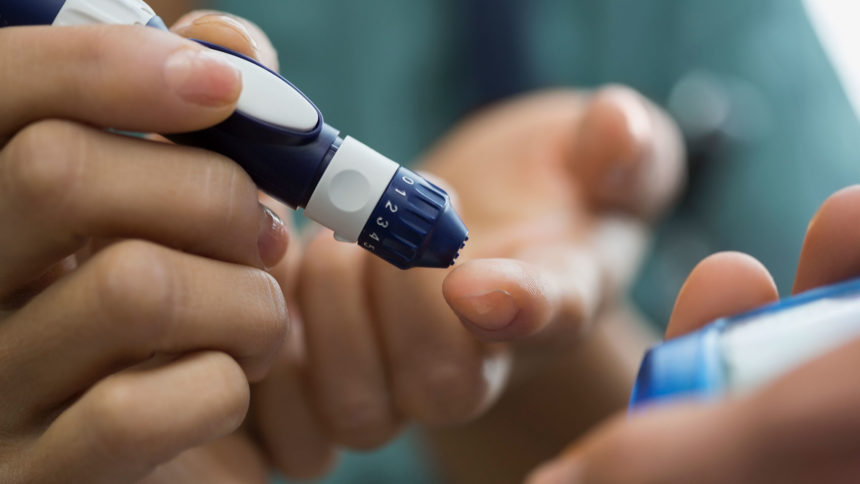
In an unprecedented trial, immunotherapy has proven to be effective in delaying clinical type 1 diabetes by two or more years, according to National Institutes of Health-funded research.
Investigators followed 76 high-risk participants after they received either a 14-day course of immunotherapy drug teplizumab or a placebo. All participants received regular glucose tolerance tests for the remainder of the trial period, or until they received a diagnosis. The drug had never before been tested in people who did not have the disease, the study’s authors said.
Only 43% of those who received the drug developed clinical diabetes, compared to 72% of those in the control group. Control group members had a median time of just over 24 months before developing clinical diabetes, while for those in the treatment group the median time to diagnosis was 48 months.
“The difference in outcomes was striking. This discovery is the first evidence we’ve seen that clinical type 1 diabetes can be delayed with early preventive treatment,” said Lisa Spain, Ph.D., of NIH’s National Institute of Diabetes and Digestive and Kidney Diseases, in a statement.
More research needs to be done to understand the long-term efficacy and safety of the treatment, Spain added.
The research was conducted by Type 1 Diabetes TrialNet, an international collaboration.




